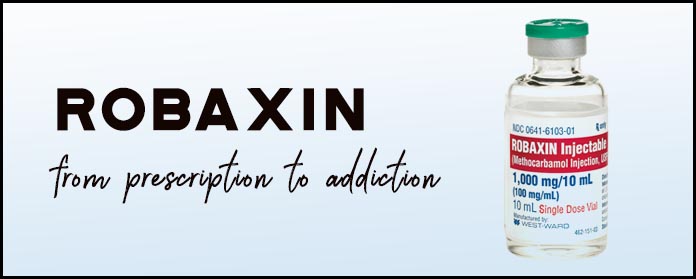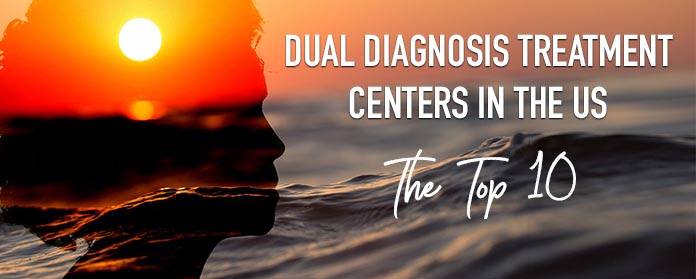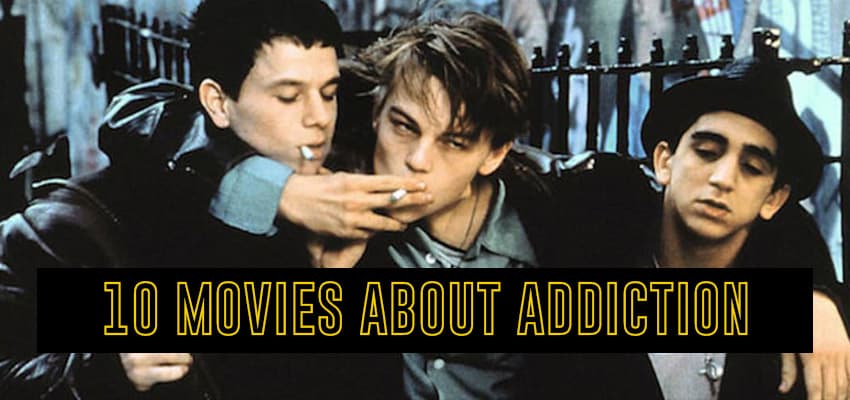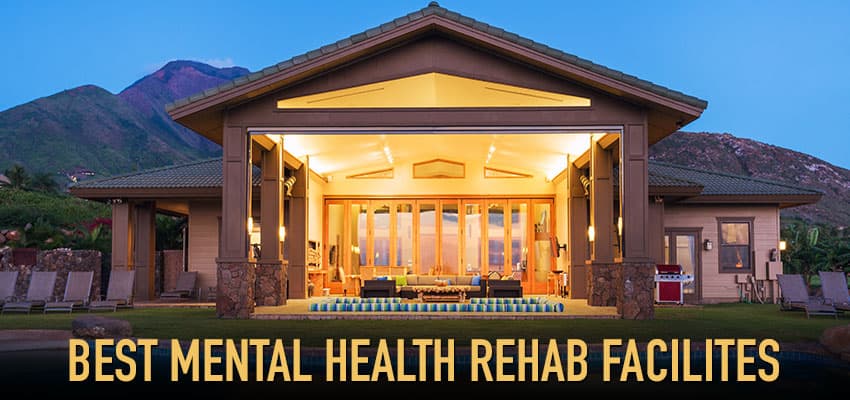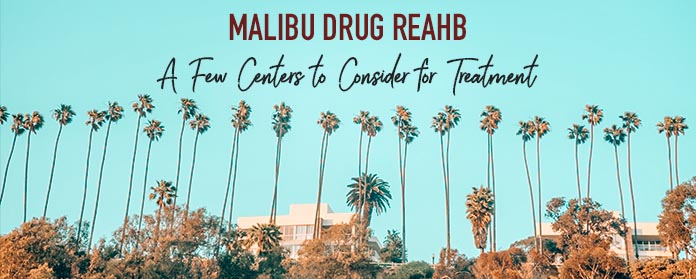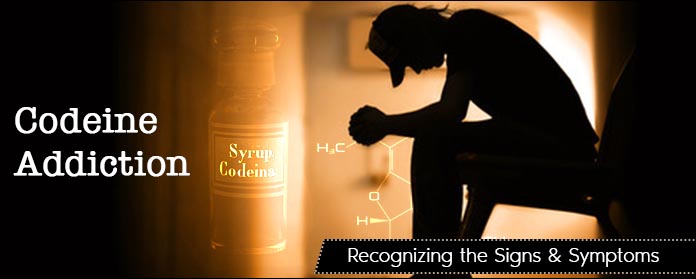With almost 70 percent of the American population taking prescription drugs, it’s not surprising that more people than ever are struggling with addiction. While many people believe that prescription muscle relaxers are harmless, this isn’t the case at all. Common muscle relaxers like Robaxin come with serious side effects and are prone to both addiction and abuse.
[toc]
If you or a loved one has been prescribed a muscle relaxant, you’ll want to understand the potential dangers and the signs of addiction. Here’s what you need to know.
What is Robaxin?
Robaxin, also known by the generic name methocarbamol, is a prescription muscle relaxant. It’s typically prescribed after an injury to relieve pain and aid in healing. This drug stops muscle spasms by interacting directly with the brain’s nerve impulses and preventing the activation of the body’s pain sensors.
As prescribed, this oral medication is typically taken four times daily, with food. It’s usually part of a comprehensive recovery program that includes physical therapy, heat and ice, and plenty of rest.
Common Side Effects of Robaxin
Because Robaxin depresses the central nervous system, it can cause an array of symptoms including:
- Dizziness/lightheadedness
- Nausea
- Stomach pain
- Constipation
- Blurred vision
- Flushing
- Confusion
- Memory Loss
- Dry mouth
- Skin rash
- Depressed mood
- Low blood pressure
The drug can also cause your urine to become blue, black, or green. This side effect is not actually harmful, but it’s certainly disconcerting.
Severe Side Effects
In severe cases, additional side effects may include persistent vomiting, facial swelling, jaundice, rash, difficulty breathing, irregular heartbeat, and chest pain. When extremely large doses are taken, suicidal thoughts can sometimes occur.
When the drug is over-used, all of these symptoms can be exaggerated. You should always take this medication as directed by your doctor to avoid these unpleasant effects.
The Problem with Muscle Relaxants
The number one problem with muscle relaxants is that people often believe they can go back to their normal lives while taking it. In reality, you should avoid driving, operating heavy machinery, and engaging in tasks that require high levels of focus. Even low doses of this medication make all of these things harder to do well.
Recognize that if you ignore these warnings, or, even worse, combine the drug with alcohol, you’re increasing the chances that you’ll fall and re-injure yourself.
Does Robaxin Get You High?
A “Robaxin high” comes primarily from the sedation-effect and resulting dysphoria. Taking the drug in excess can create extreme feelings of relaxation and is sometimes misused as a sleep-aid.
Common Causes of Methocarbamol Addiction
Overuse often happens when patients have been prescribed methocarbamol to relieve neck or back pain. Because these types of injuries cause so much discomfort, patients often feel that the drug isn’t effectively managing their symptoms and choose to self-prescribe a higher than the recommended dose.
Taking the drug more often or in greater doses than prescribed may bring relief at first, but as you build up a tolerance, you can grow dependent and eventually addicted.
Also, note that mixing methocarbamol and alcohol exacerbates the side effects.
Signs of Overdose
Unlike narcotic prescription drug addictions, overdoses from methocarbamol abuse are rare. Misuse and overdose are more likely to occur in those who have a prior history of substance abuse or who are already actively addicted to other substances.
When an overdose occurs, it typically causes seizures and loss of consciousness. If this happens, medical attention is needed right away.
Combining Robaxin with Other Drugs
Mixing methocarbamol with other muscle relaxants, seizure medications, or anti-anxiety medication is especially dangerous. It’s also advisable to avoid taking this medication with cold medications and sleep aids.
If you have liver disease, you’ll want to avoid taking Robaxin. Always tell your doctor about any other medications you’re taking and any serious health conditions you’re dealing with.
Tips for Avoiding Addiction
The simplest way to avoid prescription drug addiction is to take them only as a last resort. If an injury occurs, let your doctor know you’re concerned about the potential for addiction.
Ask him or her to help you with trying all other options first. Possible alternative treatments may include:
- Heating pads
- Saunas and hot tubs
- Relaxation
- Massage
- Stretching
- Mild exercise
- Yoga
- Deep breathing
If your doctor isn’t willing to help you explore non-drug options, it’s time for a second opinion.
The Effectiveness of OTC Medications
Another way to avoid the possibility of addiction is to stick with over-the-counter pain relievers. There are no studies that prove any one type OTC medication is better for muscle pain relief than the others. Some doctors recommend NSAIDs (non-steroidal anti-inflammatory) like Advil, Aleve, or Ibuprofen rather than Tylenol, because they have greater anti-inflammatory effects.
If your pain is relieved after taking your over-the-counter medicine, there is no evidence that muscle relaxants do anything more to help to heal.
Understanding When Muscle Relaxants Are Needed
Unless you have a serious history of addiction, there are times when you’ll want to listen to your doctor and accept a prescription for muscle relaxants.
Individuals who have a medical condition that prevents them from taking OTC pain relievers are often better off taking a muscle relaxant than opioid pain relievers. If you’re also highly sensitive to pain or have serious trouble sleeping, then a muscle relaxant might also be your answer.
If you and your doctor determine that you need a muscle relaxant, take it with care. Follow the prescription guidelines exactly and do not self-medicate. If your pain isn’t getting any better, go back to the doctor and request a different course of action.
Do You Need Help Overcoming Your Prescription Drug Addiction?
If you or a loved one is struggling with addiction, you don’t have to fight it alone. Whether your issue is with Robaxin, other prescription drugs, or street drugs, we have the resources necessary to help you fight your battle. Contact us today to learn more.

